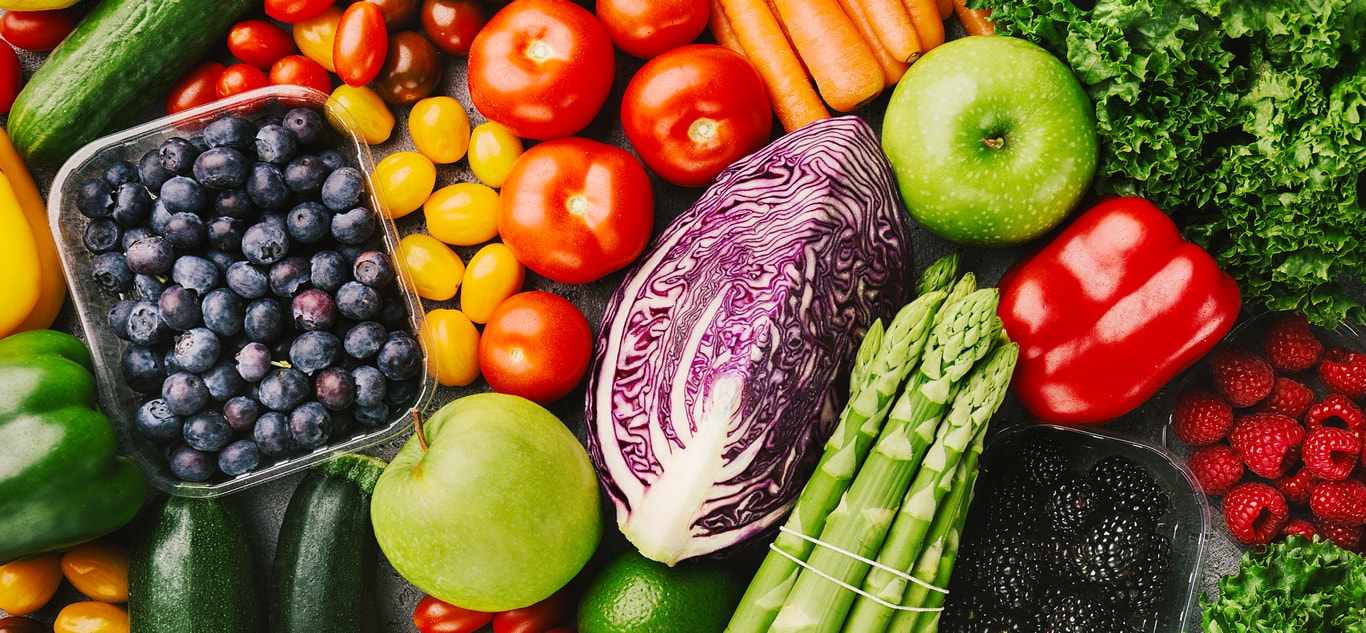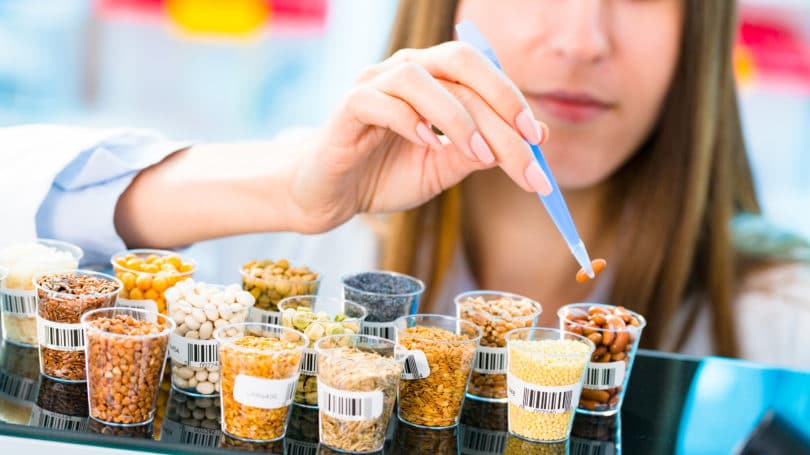| DAS40278-9 Corn Type Determination and Quantity Analysis |
| GHB119 Cotton Type Determination and Quantity Analysis |
| TC1507 Corn Type Determination and Quantity Analysis |
| DAS59122 Corn Type Determination and Quantity Analysis |
| MON88017 Corn Type Determination and Quantity Analysis |
| MON88017 Corn Type Determination and Quantity Analysis |
| MON89034 Corn Type Determination and Quantity Analysis |
| NK603 Corn Type Determination and Quantity Analysis |
| BT11 Corn Type Determination and Quantity Analysis |
| MON810 Corn Type Determination and Quantity Analysis |
| GA21 Corn Type Determination and Quantity Analysis |
| 40-3-2 Corn Type Determination and Quantity Analysis |
| MON89788 Corn Type Determination and Quantity Analysis |
| A2704-12 Corn Type Determination and Quantity Analysis |
| MIR604 Corn Type Determination and Quantity Analysis |
| MON863 Corn Type Determination and Quantity Analysis |
| MIR162 Corn Type Determination and Quantity Analysis |
| T25 Corn Type Determination and Quantity Analysis |
| MON531 Cotton Type Determination and Quantity Analysis |
| MON1445 Cotton Type Determination and Quantity Analysis |
| MON15985 Cotton Type Determination and Quantity Analysis |
| GHB614 Cotton Type Determination and Quantity Analysis |
| LLCOTTON25 Cotton Type Determination and Quantity Analysis |
| DAS281-24-236 Cotton Type Determination and Quantity Analysis |
| DAS3006-210-23 Cotton Type Determination and Quantity Analysis |
| T45 Canola Type Determination and Quantity Analysis |
| MS8 Canola Type Determination and Quantity Analysis |
| RT73 (GT73) Canola Type Determination and Quantity Analysis |
| RF3 Canola Type Determination and Quantity Analysis |
| A5547-127 Soy Type Identification and Quantity Analysis |
| MON87701 Soy Type Identification and Quantity Analysis |
| DAS3006-210-23 Cotton Type Determination and Quantity Analysis |
| T45 Canola Type Determination and Quantity Analysis |
| MS8 Canola Type Determination and Quantity Analysis |
| RT73 (GT73) Canola Type Determination and Quantity Analysis |
| RF3 Canola Type Determination and Quantity Analysis |
| A5547-127 Soy Type Identification and Quantity Analysis |
| MON87701 Soy Type Identification and Quantity Analysis |
| DP-356043-5 Soy Type Identification and Quantity Analysis |
| H7-1 Sugar Beet Type Determination and Quantity Analysis |
| 3272 Corn Type Determination and Quantity Analysis |
| MS1 Canola Type Determination and Quantity Analysis |
| TOPAS19/2 Canola Type Determination and Quantity Analysis |
| MON87460 Corn Type Determination and Quantity Analysis |
| T304-40 Cotton Type Determination and Quantity Analysis |
| MON88913 Cotton Type Determination and Quantity Analysis |
| MON88302 Canola Type Determination and Quantity Analysis |
| DP305423-1 Soy Type Identification and Quantity Analysis |
| CV127 Soy Type Identification and Quantity Analysis |
| MON87705 Soy Type Identification and Quantity Analysis |
| MON87708 Soy Type Identification and Quantity Analysis |
| MON87769 Soy Type Identification and Quantity Analysis |
| MON87751 Soy Type Identification and Quantity Analysis |
| GMO Screening Analysis (p35S, tNOS, pFMV) |
| Plant Specific Canola Gene Screening |
| Plant Specific Cotton Gene Screening |
| Plant Specific Sugar Beet Gene Screening |
| Plant Specific Soy Gene Screening |
| Plant Specific Maize Gene Screening |

